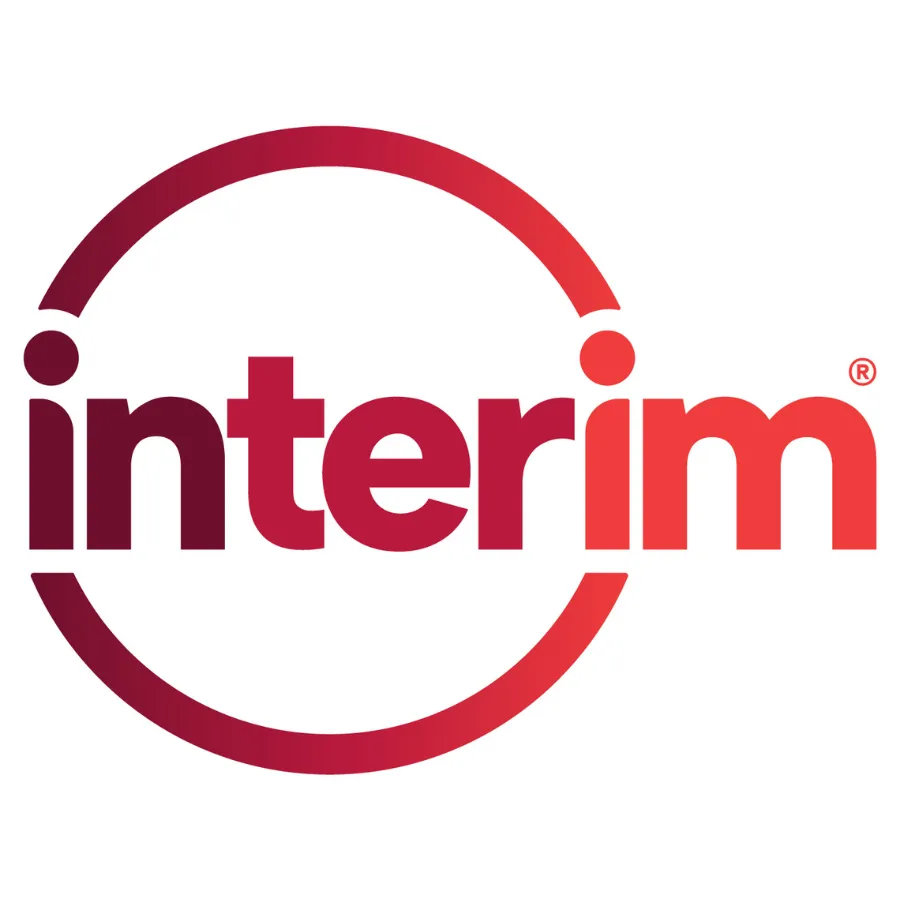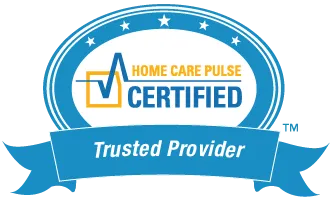Home Care
What it is
Home care means receiving help with daily living activities in the comfort of your own home. Caregivers assist with things like meal preparation, bathing, dressing, medication reminders, mobility, companionship, and transportation. Unlike home health (which is medical and short-term), home care is non-medical and designed to support long-term independence.
Pros
Stay at home – Aging parents remain in the environment they love, surrounded by familiar routines, pets, neighbors, and memories.
Personalized attention – One-on-one care tailored to your loved one’s needs and preferences.
Flexible schedules – From a few hours a week to 24/7 live-in support, care adapts as needs change.
Family relief – Reduces the stress, guilt, and burden on adult children trying to balance caregiving with work and family.
Lower infection risk – No communal exposure like in a facility.
Cons
Cost – Typically private pay (unless qualifying for VA or certain programs), which can be significant for long-term or 24/7 care.
Caregiver availability – Dependence on the agency’s ability to recruit and staff reliably (quality varies widely across providers).
Limited medical support – Caregivers provide non-medical assistance; separate nursing or medical services may still be needed.
Home modifications – The house may need adjustments (grab bars, ramps, stair lifts) to remain safe as needs increase.
It's right for you if:
Your parent wants to stay home at all costs and avoid a facility move.
You value personalized, one-on-one care instead of shared staff attention.
Your family feels stretched thin and needs relief from daily caregiving tasks.
Safety and independence at home are bigger priorities than the “social environment” of a facility.
You’re willing to invest in convenience, peace of mind, and professional dependability.
Finally:
Home care is usually the best fit for families who want to honor their parent’s wish to stay at home, have the financial resources to support care, and are looking for a dependable way to relieve family stress while ensuring safety and dignity at home.


